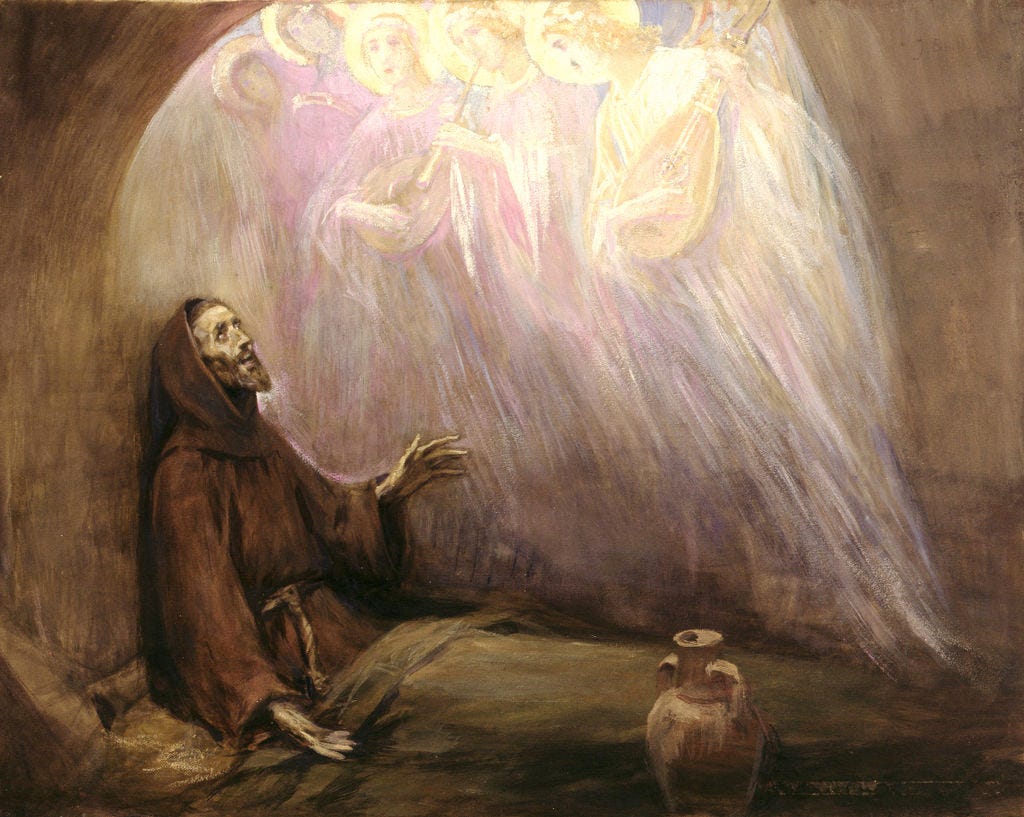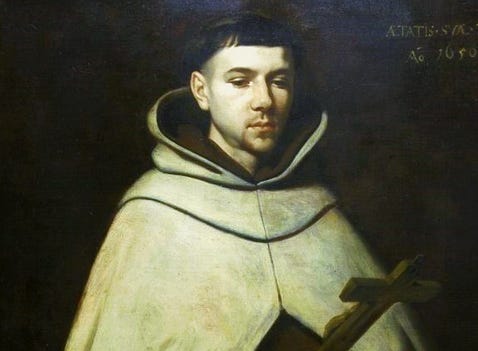The “dark night of the soul” is a phrase you may have heard. It originates in the 16th century, but has taken on many different meanings. Think of “it’s always darkest before the dawn” or “having a crisis of faith” and you’ll get the idea. Maybe you’re experiencing your own dark night of the soul, or have in the past.
"The dark night of the soul comes just before revelation. When everything is lost, and all seems darkness, then comes the new life and all that is needed."
-Joseph Campbell
We use “dark night of the soul” these days to mean being deeply depressed, or being in our darkest days, or having everything we believe be tested.
In story structure, the dark night of the soul happens immediately after the “all is lost” moment, where the character, having just hit rock bottom, must grapple with what it all mean. It’s a transition stage before it all becomes right and better than before. In “It’s a Wonderful Life,” George Bailey’s dark night of the soul begins around when he’s on his way to the bridge.
Spirituality
St. John of the Cross was a Spanish Christian Mystic who wrote a beautiful mystical poem called The Dark Night of the Soul (which I’ve posted at the end of this). It’s where the term originates.
Spiritual traditions, outside of Christian mysticism, identify with the concept, as well. The basic premise is that on the spiritual journey, after “illumination,” one may experience something of a reversal, and feel an absence of unity with the Universe, The One, The Divine, whatever it may be called.
Evelyn Underhill wrote extensively about this in her 1911 book Mysticism:
“The state of illumination begins to break up, the complementary negative consciousness appears, and shows itself as an overwhelming sense of darkness and deprivation. This sense is so deep and strong that it inhibits all consciousness of the Transcendent; and plunges the self into the state of negation and misery which is called the Dark Night.”
She states this as a natural state that is temporary, and is followed by a new, higher level of enlightenment:
“The great contemplatives, those destined to attain the full stature of the mystic, emerge from this period of destitution, however long and drastic it may be, as from a new purification.”
Hope
No matter what style of dark night of the soul we may be experiencing, it can be reassuring to think that we can often come out stronger. We can be renewed and find new purpose in life, new determination.
So, hang in there. Dawn may be just around the corner.
- Joe
A note to readers: If you like Vetus Mysteria and want to support it, the very best thing you can do is to share it with people who might be interested. It would make my day.
The Dark Night of the Soul
By St. John of the Cross
Translated by David Lewis
I.
In a dark night,
With anxious love inflamed,
O, happy lot!
Forth unobserved I went,
My house being now at rest.
II.
In darkness and in safety,
By the secret ladder, disguised,
O, happy lot!
In darkness and concealment,
My house being now at rest.
III.
In that happy night,
In secret, seen of none,
Seeing nought myself,
Without other light or guide
Save that which in my heart was burning.
IV.
That light guided me
More surely than the noonday sun
To the place where He was waiting for me,
Whom I knew well,
And where none appeared.
V.
O, guiding night;
O, night more lovely than the dawn;
O, night that hast united
The lover with His beloved,
And changed her into her love.
VI.
On my flowery bosom,
Kept whole for Him alone,
There He reposed and slept;
And I cherished Him, and the waving
Of the cedars fanned Him.
VII.
As His hair floated in the breeze
That from the turret blew,
He struck me on the neck
With His gentle hand,
And all sensation left me.
VIII.
I continued in oblivion lost,
My head was resting on my love;
Lost to all things and myself,
And, amid the lilies forgotten,
Threw all my cares away.





